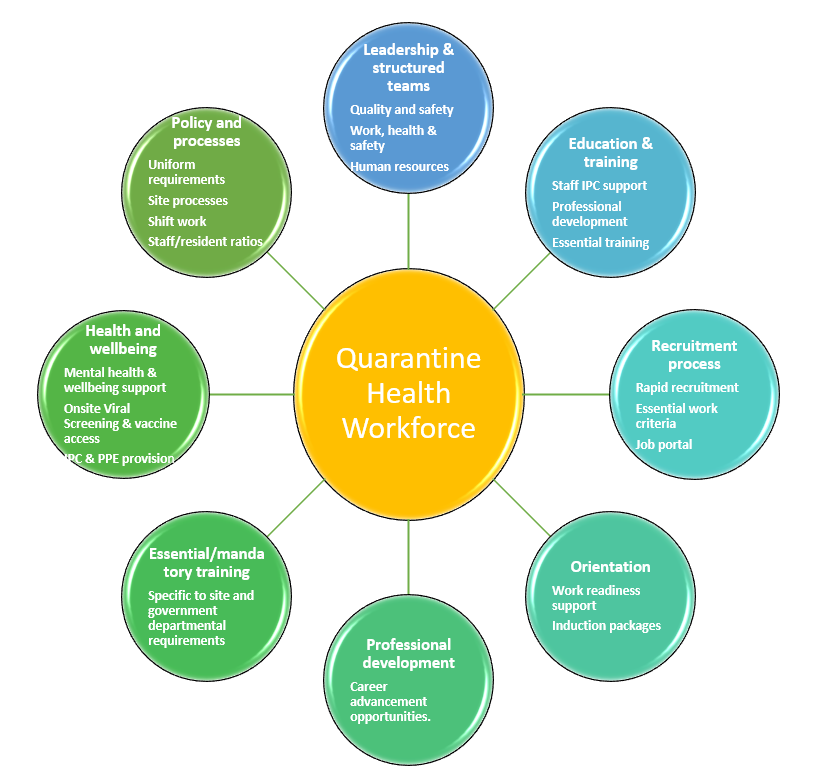
Understanding the Silent Crisis: Epidemic’s Impact on Mental Health
The global impact of epidemics extends beyond physical health, delving into the realm of mental well-being. The silent crisis affecting individuals worldwide is the profound impact of epidemics on mental health, with implications that stretch across societies.
Heightened Anxiety and Uncertainty
Epidemics bring with them a surge of anxiety and uncertainty. The fear of infection, the constant influx of information, and the disruption of daily life contribute to heightened stress levels. Individuals grapple with the unknown, leading to increased anxiety about their health, the well-being of loved ones, and the stability of their communities.
Social Isolation and Loneliness
Public health measures, such as social distancing and quarantine, play a crucial role in containing epidemics. However, these measures come at a cost—social isolation. The lack of physical connection with friends and family, coupled with the absence of social activities, contributes to feelings of loneliness. Social isolation can have profound effects on mental health, exacerbating existing conditions and giving rise to new challenges.
Impact on Vulnerable Populations
Vulnerable populations, including those with pre-existing mental health conditions, face amplified challenges during epidemics. Limited access to support services, disruptions in medication supply chains, and increased societal stressors can worsen existing mental health issues. It is crucial to recognize and address the specific needs of these populations during times of crisis.
Grief and Loss Amplified
Epidemics often bring about loss, whether it be the loss of loved ones, jobs, or a sense of normalcy. The grief experienced during these times is amplified, as individuals navigate the complexities of mourning while facing ongoing challenges. Acknowledging and addressing the emotional toll of grief is a crucial aspect of supporting mental health during epidemics.
Strain on Mental Health Services
The surge in mental health challenges during epidemics places a considerable strain on mental health services. Increased demand for counseling, therapy, and psychiatric support highlights the need for expanded and accessible mental health resources. Investing in mental health infrastructure becomes paramount to ensure adequate support for those in need.
Coping Mechanisms and Resilience
Despite the challenges, individuals and communities demonstrate remarkable resilience in the face of epidemics. Coping mechanisms, ranging from mindfulness practices to virtual support networks, become essential tools for maintaining mental well-being. Understanding and promoting these coping strategies can empower individuals to navigate the mental health impact of epidemics.
The Role of Public Health Messaging
Effective public health messaging plays a crucial role in mitigating the mental health impact of epidemics. Clear and empathetic communication helps reduce anxiety, dispel misinformation, and foster a sense of community. By prioritizing mental health in public health campaigns, authorities contribute to a more supportive and resilient society.
Community Support and Connection
Building a sense of community support is integral to combating the mental health challenges posed by epidemics. Whether through virtual gatherings, online support groups, or community outreach programs, fostering connections can alleviate feelings of isolation and strengthen the fabric of social support.
Adapting Mental Health Strategies for the Future
As we navigate the current and future challenges of epidemics, it is essential to adapt mental health strategies. Integrating mental health into broader public health initiatives, ensuring accessibility to services, and fostering a culture of empathy and understanding are pivotal steps toward building a more resilient society.
To learn more about the epidemic’s impact on mental health and strategies for coping, visit Epidemic impact on mental health for valuable insights and resources. Together, we can prioritize mental well-being in the face of global challenges.














